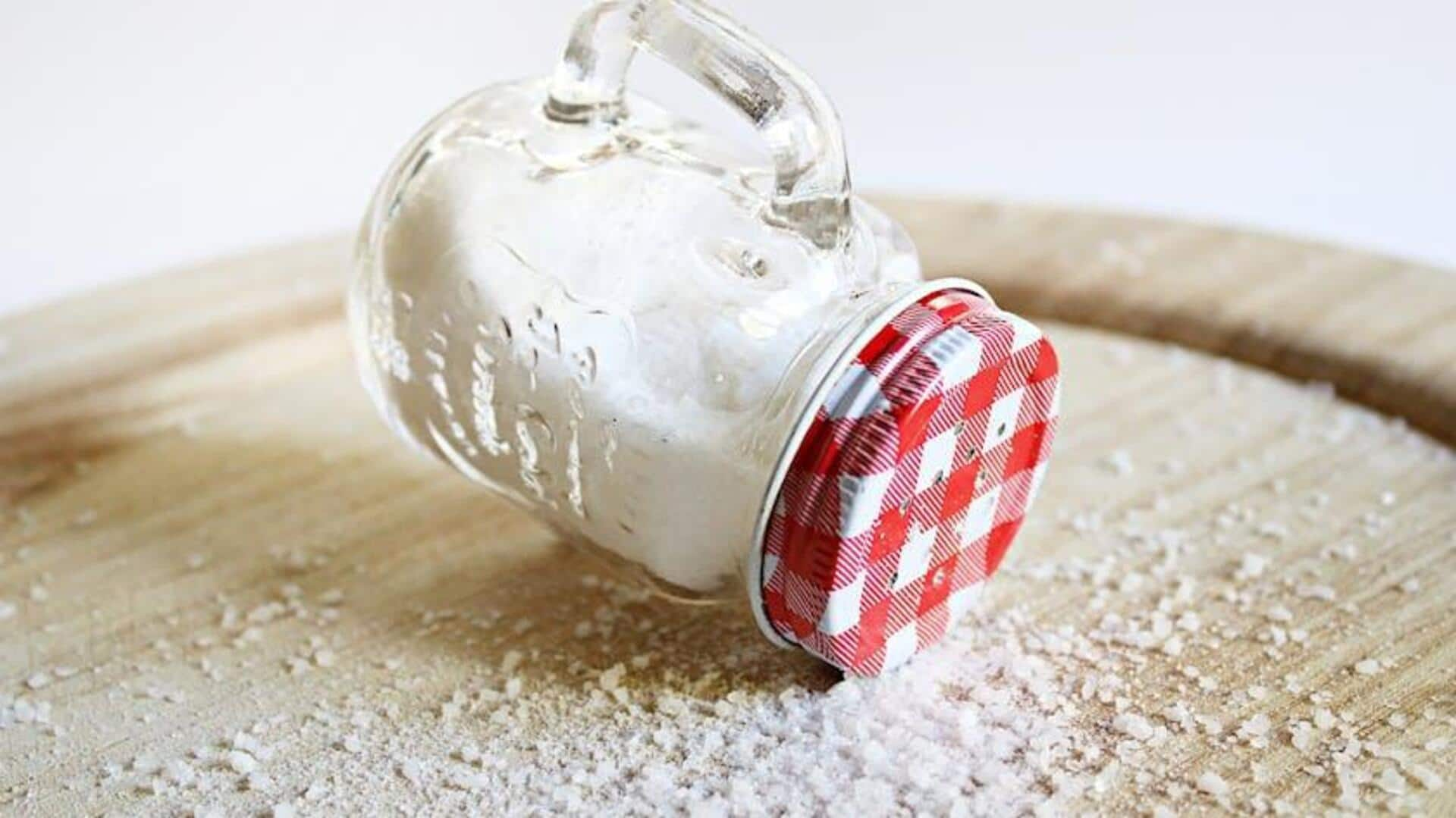
Truth about sodium-free diets: Separating fact from fiction
What's the story
Sodium-free diets are often misconstrued, which gives rise to misconceptions about their pros and cons. While cutting back on sodium can benefit certain health conditions, complete elimination may not always be necessary or even advisable. It is important to know the role of sodium in the body and how to manage its intake effectively, to make informed dietary choices. Here, we debunk common myths around sodium-free diets and provide factual insights for better decision-making.
Essential role
Sodium's essential role in the body
Sodium is essential for fluid balance, nerve function, and muscle contractions. It regulates blood pressure by controlling how much water the body retains. Completely cutting out sodium can disrupt these functions and lead to health issues, such as hyponatremia (low sodium levels in the blood). It is important to note that some sodium is required for optimal bodily functions when considering dietary changes.
Processed foods
Misconceptions about processed foods
A widely held myth is that all processed foods are high in sodium. While many processed foods do contain added salt for preservation and flavor enhancement, there are plenty of options with reduced or no added sodium. Reading labels carefully can help identify products that fit within a lower-sodium diet without completely avoiding processed foods altogether.
Sodium-Potassium balance
Balancing sodium intake with potassium
Potassium works with sodium to keep cells functioning and maintain fluid levels within the body. By having more fruits and vegetables to increase potassium intake, you can counter some of the adverse effects of high sodium intake by encouraging excretion through urine. This balance promotes cardiovascular health without having to live a completely sodium-free life.
Taste preferences
The impact on taste preferences
Reducing salt intake gradually lets taste buds adjust over time. This doesn't sacrifice flavor completely from home-cooked meals or dining out experiences. Herbs, spices, lemon juice, vinegar, soy sauce, miso paste, nutritional yeast etc. offer alternative ways to enhance dishes naturally. They keep overall consumption moderate instead of relying on table seasoning alone. This yields desired results, ultimately benefiting both the palate and health on a long-term basis.